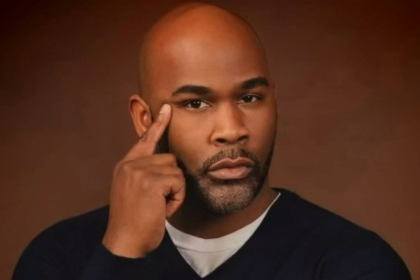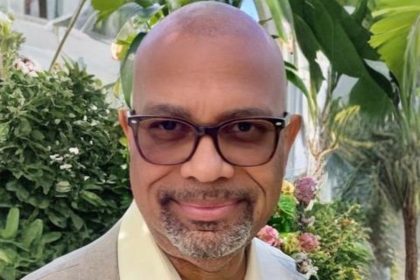Tenure may not be an easy topic of discussion for some, but we can’t afford to avoid it.
Workplace ageism typically refers to bias against older employees and is defined by the EEOC as discrimination targeting individuals aged 40 or older. But let’s be crystal clear: there’s a lesser-discussed, equally damaging form of ageism and prejudice in today’s society, and it is directed at younger professionals. Too many young people, particularly in Generation Z, have reported facing workplace discrimination as a belittling of their ability simply because of their age. This is unjust and deeply counterproductive, especially in an era that demands innovation across sectors in a rapidly changing world.
We, younger professionals, are not merely the “leaders of tomorrow”; we are the essential contributors of today. As digital natives, we bring fresh perspectives, technological expertise, and an eagerness and passion for hands-on experience to resolve the complexities of today’s most pressing issues. Yet, some cling to an outdated mindset of prioritizing tenure over talent and this “wait your turn” mentality is problematic.
One harmful misconception in today’s workplace is the belief that more life experience automatically translates to demonstrated value. This is not only a flawed perspective but also not practical for business. While experience can certainly provide wisdom, it is not inherently synonymous with skill, expertise, or leadership ability. The most accurate measure of professional worth lies not in how long one has been in a role but in what they have achieved during that time.
This fixation on time and tenure is sometimes rooted in historical ways of doing things that need to consider innovation or multiple ways to arrive at the same place. We live in ever-evolving times when what was a best practice, even five years ago, may not be helpful today. The pandemic showed us that. Many young professionals possess critical skills needed in today’s landscape, such as digital fluency, emotional intelligence, work-life balance and boundaries and a natural ability to adapt to change.
Great leadership establishes creating pathways for others to succeed. The “passing of the torch” has long been seen as an indicator of distinction, but most importantly, the ultimate act of foresight. Over the years, the conversation about gatekeeping opportunities in the workplace has become more prevalent for younger professionals. These actions are frequently rationalized as “teaching lessons” or ensuring others “earn their place like they had to.” Still, the reality is that creating unnecessary barriers to advancement is counterproductive and harmful, rooted in unhealed workplace trauma and or resentment. Leaders who engage in these habits out of fear or ego do a disservice to their future successors and the legacies they claim to protect.
Failing to diversify our workplaces properly can lead to stagnation and, thus, expiry. Reluctance to effectively succession plan in nonprofits, government, the church, and across sectors has left many institutions struggling to maintain visibility and sustainability or identify their next generation of leaders, creating an even wider divide in who can be reached. The life span of organizations in the future will depend on their ability to identify their potential successors, providing early exposure and training. Young professionals can use their energy to push new ideas to greater heights, making the work relevant to today’s audiences.
Don’t get me wrong, we stand on the shoulders of those who came before us. However, ageism, whether directed at younger or older professionals, is a barrier to progress that we can no longer afford. It is time to embrace a workplace culture that values intergenerational models. Collaboration, not competition, is the key to building workplaces where everyone can thrive.
The challenges faced by younger professionals today extend far beyond the workplace. High student debt, rising living costs, and an unpredictable job market create significant barriers to financial and personal stability. For many in Generation Z, professional opportunities are not just about career advancement; they are essential lifelines in a precarious economic landscape.
For older professionals, let’s shift to a mindset of mentorship. For younger professionals, this means seizing every opportunity to demonstrate your worth and capability to deliver results.
Age and time are not measures or indicators of value. There is no time limit or age requirement for achieving your dreams and having a meaningful impact.
—
Dr. Keon N. Berry is an award-winning expert in education, dynamic social justice advocate and speaker, ordained minister, and international children’s book author. The Ivy League graduate is a professor at Morehouse College, where he researches and advocates for low-income, Black, and minority groups. He received the 2024 Presidential Lifetime Achievement Award for his impactful work across sectors.
For more about Dr. Keon N. Berry, visit www.drkeonberry.com or email [email protected]. You can purchase Dr. Berry’s debut book at www.shopthevault.shop and other platforms.

















